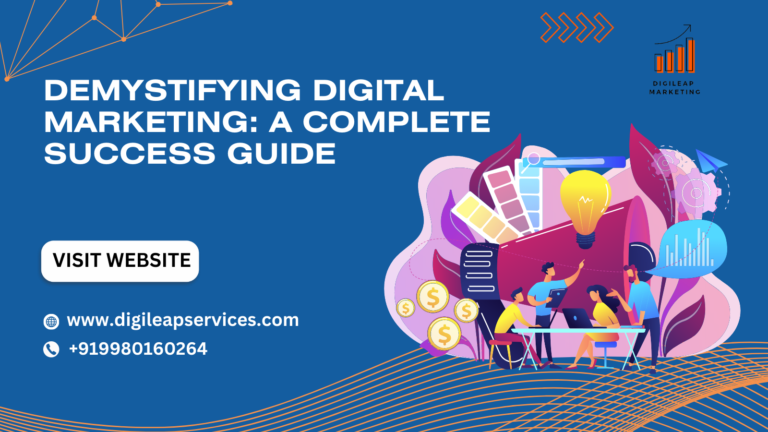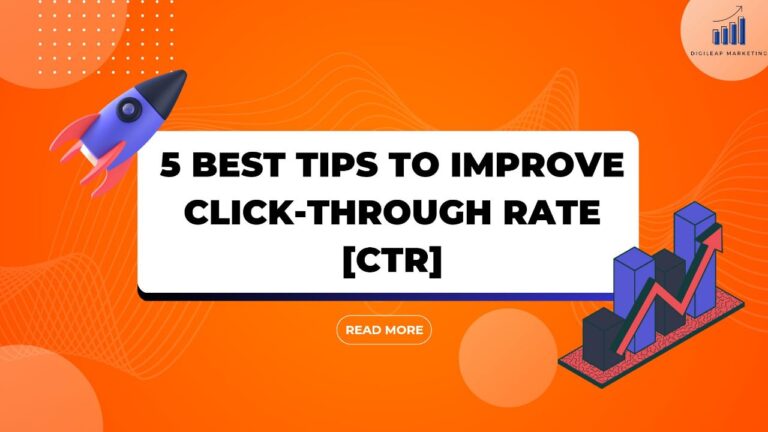Why High-Quality Content Improves SEO?
SEO stands for ‘Search Engine Optimization.’ It refers to enhancing a website’s traffic flow by optimising various components, such as on-page SEO, technical SEO, and off-site SEO, all of which may be found here. Ideally, you should develop your SEO approach around your content strategy. To piece together your content strategy, you will need three elements: 1) keywords, 2) links, and 3) substance.
The following are some examples of website content that, when done correctly, can result in high-quality, highly effective material images, infographics, study cases, whitepapers, publications in the press, testimonials or reviews, and videos. Anyone can write basic material, but effective, high-quality content must be properly researched, planned out, and strategically created. High-quality website content that is relevant to the user encourages them to spend more time on a website. You should strive to provide material that answers their questions or is useful in other ways; identify and address your consumers’ pain spots. High-quality website content can be boiled down to content marketing. Content marketing complements SEO because SEO cannot function well without quality content.
Creating high-quality content should be the foundation for your website’s structure. It is the most effective technique to guarantee that relevant keywords are strategically included across the content. Quality content attracts the correct audience to your website, engages them, and encourages them to act on your website. Users who consider the content useful are more inclined to share it—creating great content benefits, not just for the user who reads it but also for your website’s search ranking. Google ranks pages in search engine result pages (SERPs) based on the quality of the content and the links within the content.
Quality content can be used strategically to increase click-through rates (CTR) and backlinks. The more visitors who visit your site and click on your material, the higher your website’s rating will be since it will be regarded as relevant to what users are searching for. In keeping with this, information intended to answer, assist, or inform users is likewise advantageous for backlinking. This will increase your site’s overall performance in the SERPs. Creating connections to external sites can significantly help the user understand the topic you’re addressing.
Ideally, your website page should appear on page 1 of a search result page; anything after page 2 or 3 is uncharted territory. SEO without quality content is akin to a body without a soul; it serves no function. Quality content is extremely beneficial for increasing brand recognition and showcasing your company as a knowledgeable industry expert.
You’d be surprised at the endurance of quality content; IMS Marketing wrote blogs in 2013 that are still receiving attention today. Similarly, we’ve seen clients with ancient material that is still in their top 10 landing pages year after year. Having a variety of content on your website means that you are appealing to a wide range of user tastes; some users prefer videos, others prefer photographs, and some prefer reading technical knowledge over testimonials, and so on. You may provide an excellent user experience by combining great material that is widely available and easy to find.
People must be able to find your information for it to be effective and yield the desired effects. Without strong SEO, which includes keywords, internal and external links, alt text, and other elements, content cannot be found. So, what exactly are the advantages—
- Content is easily accessible
- Excellent rank positions
- Increased site score
- Enhanced user experience
- Reaching the intended audience
In the early days of web publishing, simply posting a lot of content may have earned you a seat at the table. Search engines have become more aware of these practices since then. The algorithms used to rank online sites have become increasingly sophisticated over time, all in an effort to extract the content wheat from the chaff. In other words, search engine algorithms are becoming more human-like in their understanding of what constitutes high-quality content and what does not, and web pages are ranking appropriately.
High-quality content draws readers to your website and gets them talking about and connecting with your brand. Content marketing is an excellent technique for B2C and B2B companies if you research and put together an effective content plan. Users’ expectations are high, and they expect specific content to be included in your marketing approach. Your firm will struggle to develop in the digital age if it lacks great content or an effective content strategy. We don’t recommend creating seven different sorts of material all at once. Begin by selecting one or two that you believe will best appeal to your users and perfect them before expanding your content plan.












